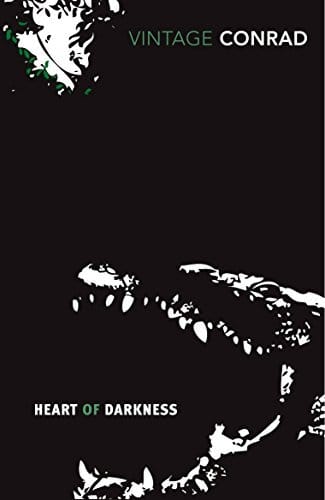- A Better Way to Say That
- Posts
- The power of talking like a normal person
The power of talking like a normal person
You know it when you hear it
Imagine that you’re hungry for a little snack. So you open the fridge. As you shuffle through the half–empty condiment bottles and tupperwares full of unidentifiable mush, your spouse enters the kitchen to ask what you’re doing.
“I’m continuing to conduct a thorough investigation into all the resources available here. As you know, I’ve always been committed to doing this work. And once I’ve gathered all the relevant information, I’ll convene with our key stakeholders to lay out a roadmap for taking strong, decisive action.”
Would they appreciate that response more, or less, than:
“Just grazing… I’m gonna run to the store, you want anything?”
Such clear, concise communication is what’s expected in our personal relationships. It’s also increasingly rare in the professional world, which makes it an excellent tool for anyone trying to build trust and credibility.
The ability to not sound like you were just lobotomized by a team of nonprofit execs with MBAs has become a way to stand out, as evidenced by public figures as wildly different as Donald Trump and Zohran Mamdani. They’re not ashamed of what they’re saying, so they just say it.
Talking like a normal person is “riskier” in a sense, because it’s easier for people to tell what you’re actually saying—and potentially criticize it. On the other hand, nobody’s listening to the jargon jockeys anymore.
For most organizations, being irrelevant (to almost everyone) is worse than being controversial (in certain circles). This doesn’t mean you want your comms team to go around poking social media hornets’ nests for the fun of it, or that you should turn the Brutal Honesty meter up to 11 for every public-facing statement.
However, it does mean that for your comms strategy to work in 2025, you have to be as tangible and specific as possible.
If you’re teaching kids how to swim, then just say that in your Instagram post—not “empowering youth with strategies to advance safety-first outcomes.” If you’re adding a new tuna sandwich to your menu, then make that your email subject line—and skip the bluster about “bringing new taste experiences to our community.”
And if you’re invited to give a speech or go on a podcast, try using the same voice and vocabulary you’d use at home. You might be surprised at how relatable you sound (and how much people appreciate it).
Oh, and one more thing…
Because the last word is rarely the end of the conversation.
The future of the media business might be… cooperation? It might sound crazy, but here’s a surprisingly compelling case for it.
Just because 95% of firms are getting zero return from their AI investments is surely no reason to stop shoveling billions of dollars into the sector.
The review of Abundance in the New York Review of Books will have you posting triumphantly—or indignantly—in your nerdiest group chat.
Pebbles of the month
Much like penguins, we enjoy bringing you little gifts to show we care:
Recession indicator or sign of the public’s more discerning tastes? An investigation into the plight of the US’ “slop bowl chains.”
Human Rights Watch is hiring a Senior Researcher on Immigrants’ Rights. Multiple locations possible, English and Spanish required, $88,000-96,000 per year.
Cultural criticism is being phased out of magazines and newspapers around the country, even as the cultural landscape gets more cluttered and bewildering than ever. It’s probably fine!
Books are still good
Here’s what one of us is currently reading:

“The horror, the horror.”
If you’re a book lover who hasn’t managed to finish an actual book in ages, grab a copy of Heart of Darkness. At only 110 pages long, this classic from Joseph Conrad is approachable enough to be tackled in a single rainy afternoon. And for a story that was originally published in 1899, it’s also unsettlingly prescient about the moral dilemmas of our age.
Inspired by Conrad’s river journey into the Congo Free State (the private fiefdom of Leopold II, the brutal king of Belgium), Heart of Darkness demands the ideal level of attention from an enthusiastic-but-lapsed reader.
Each paragraph matters—and you’ll likely have to retrace your steps from time to time—but there are few enough in total that the challenge feels surmountable. Conrad’s simple, powerful writing style also holds up remarkably well, with little of the dated language that can make other “classic” authors a struggle to digest.
Most importantly: the payoff is worth it. As the book progresses through themes of racial callousness, economic precarity, and personal ennui, you’ll begin to feel unnerved in an oddly enlivening way. Something hits too close to home. And when you arrive at the book’s famous crescendo, you might feel something even more surprising: a desire to keep reading.
Want to learn a little more about us? Check out our website, or follow us on LinkedIn!
